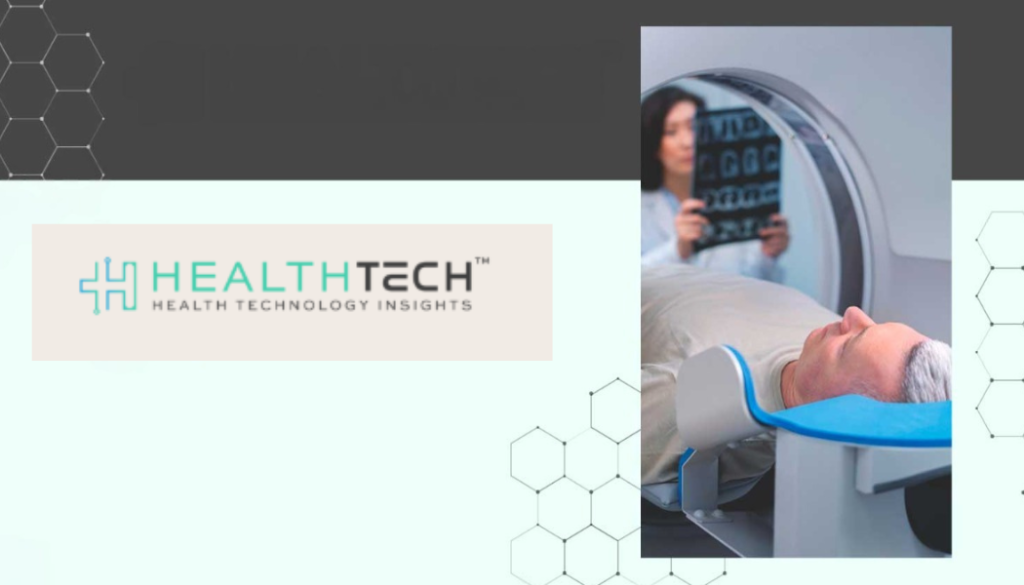Phase 1b study suggests a promising safety profile and highlights the potential of a novel dual-targeting CD19/CD20 CAR T in patients with relapsed or refractory disease
Johnson & Johnson the first clinical data from an ongoing Phase 1b study for JNJ-90014496 (JNJ-4496), an investigational dual-targeting anti-CD19/CD20 bispecific autologous chimeric antigen receptor (CAR) T-cell therapy, being studied in patients with relapsed or refractory large B-cell lymphoma (R/R LBCL) who have not been previously treated with CAR T-cell therapy. Findings demonstrate the potential of JNJ-4496 in the treatment of patients with R/R LBCL, including R/R diffuse large B-cell lymphoma (DLBCL) – the most common type of aggressive lymphoma, a blood cancer that originates in the lymphatic system.
Health Technology Insights: Mezzion Secures $20Million to Advance Udenafil Phase 3 Trial
JNJ-4496, formerly known as C-CAR039, is a dual-targeting CAR T designed to bind to both CD19 and CD20 antigens — two cell surface proteins commonly expressed on malignant B-cells. This design, including a 4-1BB costimulatory domain, is intended to enhance binding strength and persistence, also potentially addressing common mechanisms of resistance in relapsed or refractory disease.
In the Phase 1b dose confirmation study in patients with R/R LBCL, data at the recommended Phase 2 dose (RP2D) were reported in patients with a median follow-up of 4 months. Results informed a RP2D of JNJ-4496 at 75 million CAR+ T-cells. Among the 22 patients in the RP2D group where efficacy was assessed, those who received one prior line of therapy (n=10) had an objective response rate (ORR) of 100 percent and a complete response rate (CRR) of 80 percent (95 percent confidence interval (CI), 69, 100). In the patients who had received two or more prior lines of therapy (n=12), the ORR was 92 percent and the CRR was 75 percent (95 percent CI, 62, 100).
Health Technology Insights: Manifest MedEx Adds HRSS Data to Health Exchange Network
“There is a pressing need to continue advancing therapies for patients with relapsed or refractory diffuse large B-cell lymphoma. Only about 40 percent of patients have long-term remissions with currently available single-antigen-targeting CD19 CAR T therapies,” said Krish Patel, M.D., Director of Lymphoma Research, Sarah Cannon Research Institute , and principal study investigator. “The data presented today show encouraging clinical activity and promising safety, and represent a step forward in delivering a potential new treatment option to patients living with the most common type of aggressive lymphoma.”
Within the RP2D safety group (n=25), 52 percent of patients (n=13) received two or more prior lines of therapy, and 56 percent (n=14) received bridging therapy. In the RP2D cohort studied, no cases of Grade 3 or 4 cytokine release syndrome were observed. Two patients had immune effector cell-associated neurotoxicity syndrome (ICANS), one Grade 1 and one Grade 3. The Grade 3 event occurred in a patient with central nervous system (CNS) lymphoma. Overall, 84 percent of patients (n=21) had Grade 3/4 treatment-emergent adverse events (TEAEs), and 28 percent (n=7) reported serious TEAEs. The most common Grade 3/4 TEAE was neutropenia, a reduction in white blood cells (72 percent). One patient experienced a Grade 3 infection.1
“We’re really excited to share the first results for our dual-targeting anti-CD19/CD20 CAR T-cell therapy in relapsed or refractory large B-cell lymphoma, underscoring our more than decade-long commitment to addressing unmet needs for patients with B-cell malignancies,” said Jeffrey Infante, M.D., Vice President of Early Clinical Development and Translational Research at Johnson & Johnson Innovative Medicine. “As we continue to unlock the full potential of CAR T-cell therapies through novel next-generation approaches, these promising data reinforce earlier long-term findings and highlight the potential of JNJ-4496 to improve outcomes for patients.”
These data are advancing our pipeline of CAR T therapies for the treatment of B-cell malignancies and are an extension of our worldwide collaboration and licensing agreement initiated with AbelZeta Inc. (formerly Cellular Biomedicine Group, Inc.) in 2023 to develop and commercialize next-generation CAR T-cell therapies (excluding Greater China). A Phase 1 study for C-CAR039 was conducted in China for the treatment of patients with B-cell non-Hodgkin lymphoma (predominantly LBCL).3 Johnson & Johnson is also evaluating the safety and efficacy of this asset (known as JNJ-4496 outside of Greater China) through a separate study involving a global patient population.4 In addition to the oral presentation of JNJ-4496 at EHA, the global clinical study data will be presented at the 2025 International Conference on Malignant Lymphoma from June 17—21.
Health Technology Insights: Survey of America’s Doctors Reveals Biggest Opportunities, Current Gaps for AI
To participate in our interviews, please write to our HealthTech Media Room at sudipto@intentamplify.com
Source – PR Newswire


